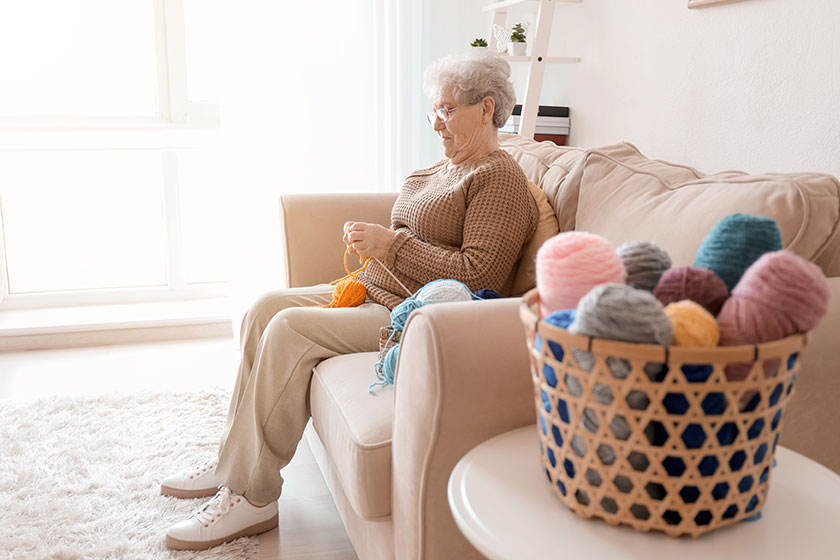For older persons, Alzheimer’s disease is the most typical type of dementia. Dementia is a degenerative brain condition that causes a person to gradually lose their ability to think, recall, and reason as well as their behavioral skills to the point that it interferes with their everyday activities. The person may become less able to carry out routine chores and react to their surroundings as the condition worsens.
We have little control over age- or genetics-related risk factors for Alzheimer’s since it is a complicated illness. However, there are several lifestyle choices that might limit the spread of the illness.
Your risk factors may be identified and controlled, and making a few lifestyle changes can help you achieve optimal brain health. Here are some crucial elements that can reduce the onset of dementia and Alzheimer’s and prolong the preservation of your cognitive faculties.
The article explores the importance of memory care activities to slow down Alzheimer’s Disease progression.
Healthy Diet
Because a good diet is associated with a healthy brain, it can help lower the chance of developing dementia and Alzheimer’s disease. The Mediterranean diet may be helpful in preventing cognitive decline, according to studies. The majority of the foods in this diet, including fruits, vegetables, nuts, whole grains, legumes, fish, and chicken, can improve brain function.
A healthy diet should restrict red meat, sweets, and saturated fats. Less red meat and more unsaturated fats in the diet can help avoid the onset of heart problems and Alzheimer’s disease.
Additionally, according to a research study, people who eat “typical American food” such as burgers, fries, and fried chicken have higher levels of beta-amyloid proteins in their brains. These protein fragments are often found in excess in the brains of Alzheimer’s sufferers.
Physical Exercise
Numerous studies have shown evidence that physical activity can decrease cognitive aging. Similar to how exercise keeps the body healthy, it also keeps the brain healthy by increasing the amount of blood and oxygen it receives.
Research found that six to 12 months of exercise enhanced the connectivity between the two brain areas. Additionally, it was shown that those with dementia who frequently exercised had higher cognitive scores than those who did not.
Exercise has been shown to be helpful in delaying and avoiding the onset of early-stage Alzheimer’s symptoms. Additionally, it can benefit those with mid-stage or advanced illness by enhancing memory and learning. It is crucial to remember that dementia may be slowed down with only a little bit of physical activity.
Social Engagement
Since isolation is detrimental to both physical and mental health, socialization is essential. When we continue to engage in social activities, our brains are more active. It promotes new neural connections at the cellular level, stimulating activity in the brain. That also suggests social engagement as a means of delaying cognitive aging.
People with Alzheimer’s disease frequently lead lonely lives with minimal social interaction. Researchers conducted a three-year study and found that those subjects who engaged in less social interaction showed greater cognitive deterioration. According to a different study, loneliness and isolation increase the risk of dementia and Alzheimer’s disease. On the other hand, interacting with others and living in a community helps slow down the course of Alzheimer’s disease and the loss of memory.







